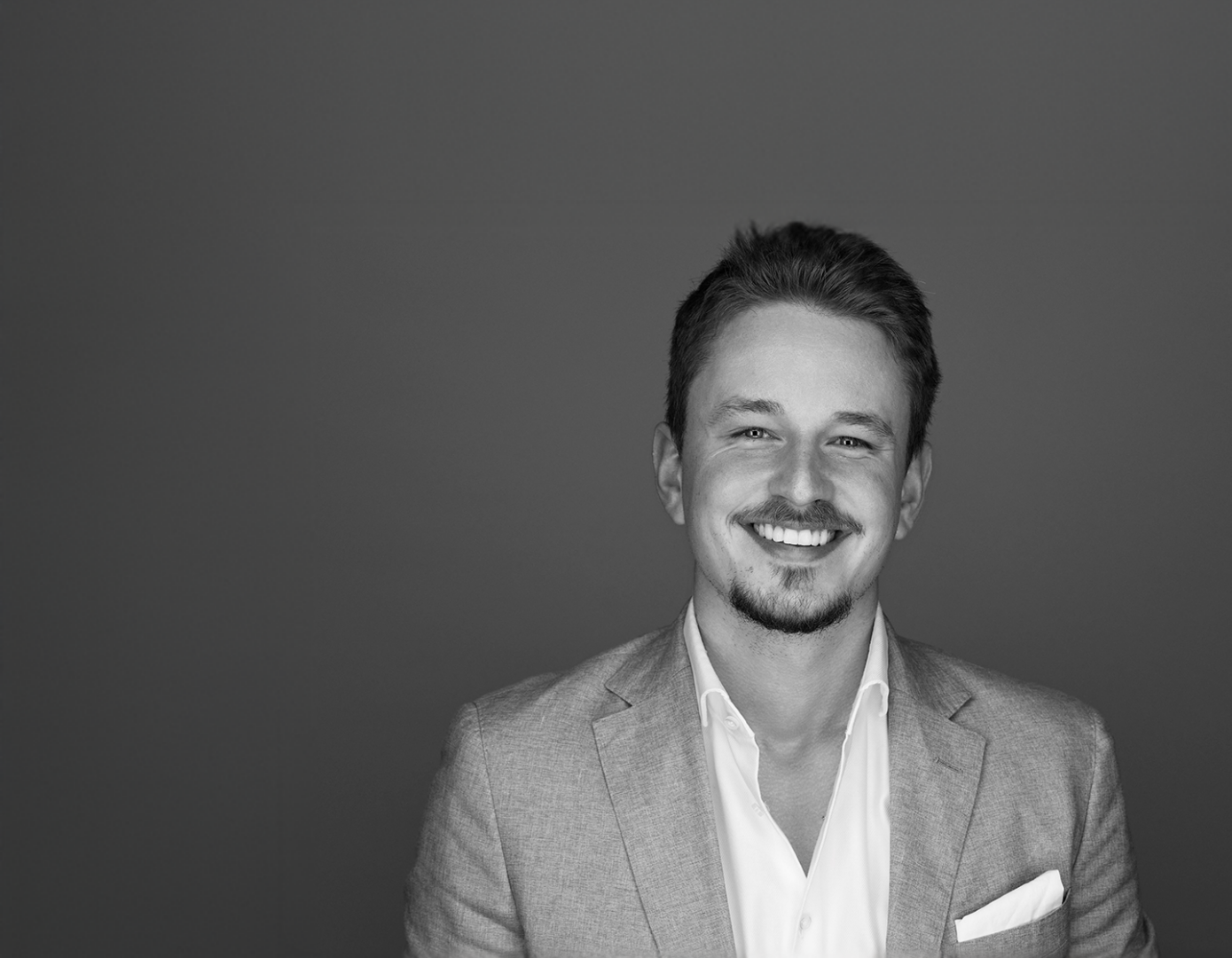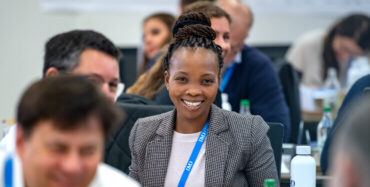
When Nico Oosterman joined the shipping industry at 19, he didn’t imagine it would become a lifelong passion – nor did he expect to find himself, a decade later, at one of Europe’s top business schools, reflecting deeply on his identity as a leader. But that’s precisely what happened after Oosterman completed IMD’s Future Leaders program, an experience he describes as “actually life-changing.”
“To be honest, I thought the words people used about the program – ‘life-changing’ or ‘impactful’ – were just buzzword bingo and catchwords,” said Oosterman, a Senior Chartering Manager at Copenhagen-based Icechem Tankers. “But then I lived it, and I was absolutely dumbfounded by how actually life-changing the program was. It flipped something on in my mind.”
Having spent nearly 11 years in shipping, Oosterman had reached a point in his career where things were going well, but the learning curve had plateaued. “I wasn’t thinking about going back to school,” he recalled. “I definitely wasn’t considering a Masters.” It was his CEO, a long-time IMD alum, who nudged him toward the Future Leaders program, seeing in Oosterman both the talent and the need for a new challenge.
“He said, ‘It’s time for you to do something else than just work,'” Oosterman laughed. “At first, I was like, ‘Wait, what do you mean?’ But he had a point.”
What followed was a four-month journey that challenged Oosterman not just intellectually, but emotionally. While the program delivered valuable insights into finance, strategy, and topics like generative AI, it was the lessons on leadership that left the deepest impression on him. “I was shocked because Alyson Meister and her team managed to create an atmosphere among participants in just 10 days on campus that felt so safe and so genuine that people started to open up personally on levels that you normally wouldn’t think were possible,” he said.
“People were sharing their life stories with basically absolute strangers to a level of detail that I probably normally wouldn’t even share with my friends,” he added. “It was a home run in terms of exceeding my expectations.”
That openness and authenticity brought unexpected insights. One exercise, where participants reflected on how they presented themselves to others, hit Oosterman hard. “The greatest learning for me was learning about who I was,” he said. “How do others perceive me? Where is the conflict between how I think of myself and how others communicate what they think of me? Those interactions opened up conversations that really made me work with myself and reflect.”
Oosterman found the experience of being surrounded by peers from a wide range of industries, cultures, and backgrounds – along with the cohort’s near gender parity – deeply enriching. It offered a refreshing shift in perspective and a rare opportunity to engage with diverse viewpoints. “The broadening of my horizon was massive,” he says. “Getting into a room with 35 people who’ve seen all walks of life and come from all kinds of different areas, that was super enriching.”
That experience didn’t end with the program. Back in Copenhagen, Oosterman sat down with his manager to unpack what he had learned. “We had this long dinner where I just talked about everything I learned. And that conversation then turned into another about: if IMD can do this in three to four months, how much more can they do if you do the EMBA?”
The timing was right. With over a decade of experience behind him, Oosterman felt ready to take the next step and applied for the EMBA without waiting to reach the typical age profile. “The average age is 43. I’m nearly 30. But I’ve been working for 11 years, and if I’m going to lead people for the next 40, why not start growing now?”
While Oosterman is just at the beginning of his EMBA journey, he sees a clear line from the Future Leaders program to where he is currently. “The program has helped me see that there’s more out there – more to learn, more to understand. It’s also given me the confidence to speak my mind and recognize that my perspective on things might be learnings for others.”
Looking ahead, Oosterman isn’t chasing a radical career shift or a new industry. His focus is on becoming the kind of leader who can build trust, foster growth, and create space for others to thrive. “If the EMBA helps me lead people better – including myself – then it’s more than worth it. But none of this would have happened without Future Leaders. That’s where the door opened.”


